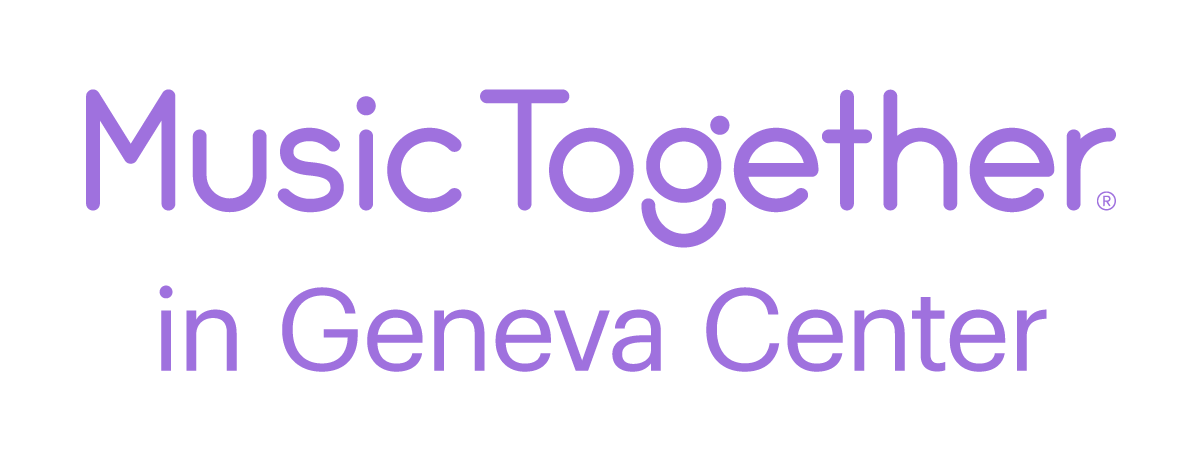|
|
|
|
|
|
Start life with music in our Babies Only class!
Class is Monday 3pm at Herstreet: register for a demo
About the Program
Every baby is born wired for music and all children benefit from early exposure to music and movement. In our Babies Only classes, we’ve created a warm, welcoming environment that supports your baby’s natural musicality—and their overall development. You’ll learn lots of ways to interact musically with your infant, and as you sing, laugh, and learn together, you’ll bond with your child and the other new parents in your class. This is a one-session class, after which babies and their grownups attend mixed-age classes. The music activities and materials are specially designed for parents who want to learn as much as possible about music development in babies. Babies must be under seven months old on the first day of class. Most babies in this program range from 3-5 months at the start of the session. We recommend infants older than seven months register for mixed-age classes.
FAQ
What age are the infants in a babies class? Infants range from only a few weeks to eight months in this program! Most infants in the Babies program are non-mobile for at least the beginning of the semester. If your baby is crawling before the start of the semester you may want to consider a mixed-ag e class. Feel free to contact the office to discuss: +41786661428
e class. Feel free to contact the office to discuss: +41786661428
My baby is under 8 months. Should I take a babies class or a mixed age class. What’s the difference? The Babies class is structured in much the same way as a mixed-age class. In both classes your teacher will lead you through a variety of activities, facilitating fun and creative ways for you to interact musically with your baby. The main difference lies in parent education. Because the infants are non-mobile, there is a calmer energy in this class which allows the teacher more opportunities to explain the ‘whys’ behind the ‘whats’ and to point out emerging musical behaviors.
At what age should I start class with my baby? Now! Babies learn music the same way they learn language; by being immersed in it. Just as it is never too early to start talking to your baby, it is never too early to start singing with your baby.
BABIES CLASS PARENT QUOTES
“In our Babies class, I learned that it doesn't matter how musical you are—the most important thing is for your baby to see you making and appreciating music.”
“I always thought my baby was just babbling and cooing, but now I know that he is actually responding to the tones of the music! I am now more conscious of how he responds after I sing songs, and I can hear him ‘singing’ with me.”
“My daughter loves watching & listening to me, so singing to her & playing musical instruments for her keeps her highly entertained and engaged in the music. She and I enjoy music class so much!”
“We sing the ‘Hello’ song first thing in the morning, and our baby loves it. The songs we learned at Music Together® soothe our baby, so we sing them all the time!”
“Since we started class there's a lot more singing and dancing in our house, and we're all a lot happier.”
“The Babies class helped me see that my baby picks up on beat, rhythm, and tone so much earlier than I ever thought possible.”
“The Music Together Babies class has brought our whole family closer and has helped us bond more.”

